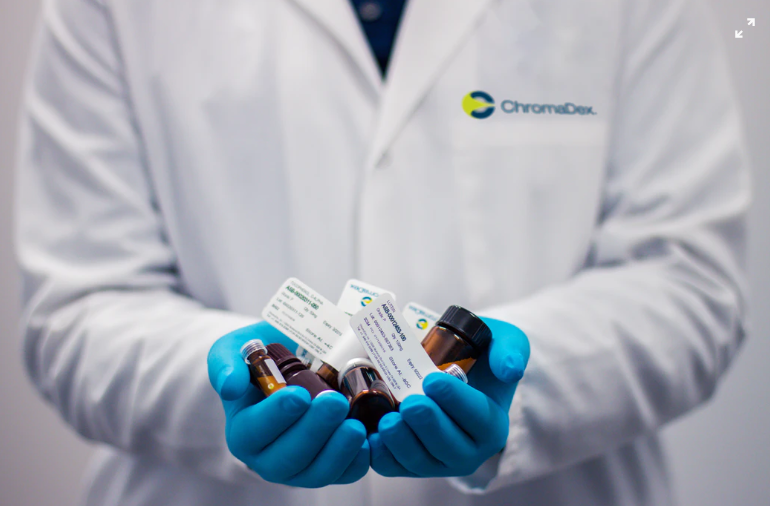The anti-malaria drug hydroxychloroquine has shown promise in previous studies that it could potentially cure COVID-19. It is now being used for trials in hospitals all over the world and has become one of the biggest hopes for coronavirus treatment. However, studies have recently shown that the drug does not help in speeding up recovery. It also shows no signs of having better recovery rates, and it causes heart problems as well.

Read Also: Oxford University Starts Coronavirus Vaccine Human Trials Next Week Might Be Ready by Autumn
Hydroxychloroquine shows no improvements in recovery against COVID-19; The drug's second blow in just one week
The results of the study on hydroxychloroquine was a disappointment to researchers testing the drug against the novel coronavirus. Doctors have said that it does not work as a cure to COVID-19.
Patients taking this drug have experienced fewer symptoms compared to others who were treated along with them without medication of any kind. However, when it comes to their recovery time, the results were the same. This has been the second setback the drug has faced in a week after similar trials in Brazil were suspended due to patients experiencing heart problems.
This anti-malaria drug was marketed as "Plaquenil" and was praised as a wonder treatment by US President Donald Trump. The drug is currently being used by hospitals all over the world and also in trials coordinated by the World Health Organization (WHO).
Still, some scientists and researchers still think it might work in controlling the immune system of a person to try and prevent the virus from becoming worse.
In a research paper that was published online, doctors in China--including in the provinces of Hubei and Wuhan, the origin of the coronavirus outbreak--revealed that their study had disappointing results. These doctors tested the hydroxychloroquine on 75 COVID-19 patients in various hospitals and compared them to 75 patients who did not receive the drug.
Patients that did receive the drug for two or three weeks, depending on how severe the illness was, were tested 28 days after being diagnosed. Wei Tang, who led the doctors from Ruijin Hospital in Shanghai, wanted to compare the number of people who completely recovered and tested negative of the coronavirus after a month.
The team wrote in the paper that "The overall 28-day negative conversion rate was not different between [standard care plus hydroxychloroquine] and [standard care] groups. 85.4 percent of people taking hydroxychloroquine tested negative after four weeks along with 81.3 percent of those without the drug - a non-significant effect."
In Brazil, hydroxychloroquine caused heart problems
Almost 20% of the 46 coronavirus patients that were admitted in a study, showed signs of damage to the heart in Brazil, and more than half of these died.
The combination of the impact of the virus on the heart and hydroxychloroquine triggered heart arrhythmias and proved to be dangerous to patients, especially at a high dosage.
A lower dosage might help in decreasing cardiac risk. Trials by America's National Institute of Health have been giving patients two 400mg doses of the drug on the first day, and 200mg twice a day for the next eight days.
![Apple Watch Series 10 [GPS 42mm]](https://d.techtimes.com/en/full/453899/apple-watch-series-10-gps-42mm.jpg?w=184&h=103&f=9fb3c2ea2db928c663d1d2eadbcb3e52)



